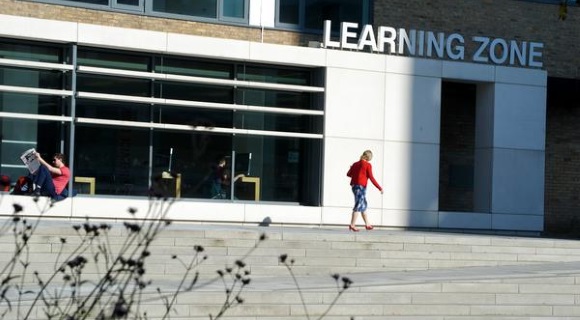Increasing student numbers and the transformation of labour markets have contributed to changing social expectations of universities. We have seen and are still seeing fundamental changes in the way universities treat students and include and engage them, and in what kind of services they provide and how they work with various groups.
With the aim of providing research support to institutional and national policy makers, this theme examines the experience of student life and the factors that enhance or detract from students’ engagement with their university. These factors include the relationship between their participation in higher education and other aspects of their lives, including those outside of the academic.
We use interdisciplinary approaches to lead the intellectual agenda around studying student experience and engagement.
We look at student experience beyond teaching and learning, such as the university infrastructure, campus and space. We are interested in the experiences of students who identify as disabled and investigate how universities can best support them. We also look into community engagement, community-university links, and we take a broad view of the widening participation agenda - thinking of inclusivity, outreach and the civic duty of higher education.







